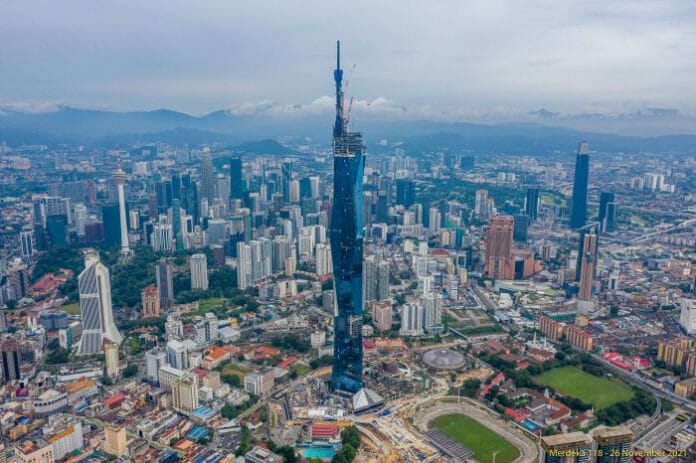It is never fun to be middling, especially in the investment world. Malaysia’s consecutive years of equity market underperformance are a result of both success (to have achieved middle-income status) and failure (to now appear to be wallowing in the quintessential “middle-income trap”). When investors consider ASEAN, they have tended to gravitate to the still-emerging markets of Indonesia, the Philippines, and Vietnam (where large, under-geared and increasingly wealthy populations promise years of robust growth) or the uber-developed and ever-forward-looking regional financial centre that is Singapore.
While 2022 was an okay year in terms of foreign equity fund flows – Malaysia attracted a net +USD1.1b (after Thailand’s +USD6.0b and Indonesia’s +USD4.3b), a similar amount as Vietnam – foreigners have net sold a cumulative USD31.7b since early-2010. Stagnating returns have also pushed domestic institutions (DIs) to seek better returns offshore – DI’s net sold MYR6.5b last year, after having sold MYR9n in 2021, and empirical feedback indicates such outflows will continue.
In short, Malaysia appears in dire need of getting its investor mojo back. That is unlikely to be achieved by building another grandiose skyscraper or mulling ECRL 2.0 – instead, the new government would be better served tightening up on the basics of effective governance and expeditious policy-making. One priority should be to reverse the decade-long decline in domestic direct investment (DDI, the less glamorous but more important companion to FDI), by creating the conditions necessary for Malaysian corporates to want to (re)invest domestically. Speedily resolving bottlenecks such as access to foreign labour (both skilled and unskilled) and long-pending approvals such as that for MAHB’s RAB-based Operating Agreement and Westports’ expansion plan to double its handling capacity would be a win-win.
GLC (government-linked corporates) Reforms aimed at narrowing the profitability / ROA gap with privately-owned peers is another long overdue market and macro imperative. A second GLC Transformation programme paired with more activist GLIC (government-linked investment company) controlling shareholders could be the ticket.
Current top picks in the GLC space are Telekom (cost efficiency), Axiata (regional recovery), MAHB (reopening) and RHB Bank (yield)
with Anand Pathmakanthan
Maybank IB Malaysia and Regional Head of Equity Research









